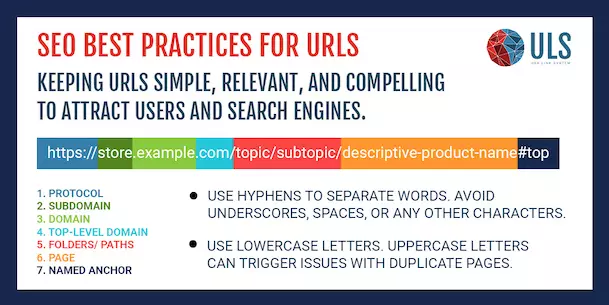Ever wonder how Google understands what we mean when we search for something. Let's say I want to look up "Black Diamond," an outdoor apparel company. How does Google understand or assume that I'm searching for the outdoor company and not Leonardo di Caprio's 2006 movie, or an actual black diamond?
It's called semantic search.

What is semantic search?
Semantic search is a search engine's ability to filter and understand the intent and contextual meaning of search phrases when providing content to Internet users.
In plain English, semantic search simply means it tries to understand natural language the way we would communicate with each other.
Search algorithms are smarter than ever compared to a time when search engines could only evaluate a phrase literally. In short, algorithms are maturing and no longer have a child-like understanding of intent and context.
Semantic search lets Google classify black diamond as the outdoor company, the movie, or the actual object. It can deduce my intent based on factors like:
- User search history
- User location
- Global search history
- Spelling variations

How does semantic search impact SEO?
Users are loving voice search
Voice search has enabled semantic search to reach new heights. Many of us use voice commands on our smart home and mobile devices for its convenience, especially for multitaskers.
In 2019, Voice search ranked second behind mobile browsing in 2019, with more than 20% of people choosing voice as their first option to conduct a search.
Prioritize user experience
User satisfaction should be at the forefront of your SEO efforts. Google looks at user satisfaction, and they regularly update their algorithm to better recognize and satisfy searchers all around the world.
SEO strategists should also focus on a site's UX.
Focus more on topics instead of keywords
Keywords are essential, but it's time to create content that doesn't revolve around it.
Think of broader topics in your niche and develop a sub-niche where you can create in-depth, original, and high-quality assets.
Technical SEO still matters
Even with all the advancement we've seen from Google, the algorithm is still not at that point to develop meaning or understanding by itself.
Making your website SEO-friendly (meaning it has an advantage in ranking) is still a must to help Google better understand your content.
-
Keywords: Search for a content analysis tool you can trust to find common questions and related long-tail keywords to incorporate into your content. Keywords should be in your title tags, URL, body, header tags, and meta tags. Make sure it fits naturally.
- Link building: Authoritative backlinks are still an essential ranking signal. Prioritize content that organically attracts links. You should also include internal links to other valuable content on your site.
- Site speed: Make sure your website runs fast. Slow running websites turn off users, and Google remembers that. Compress images, leverage browser caching, and use Google’s checklist to optimize your website.
What is a URL?
A URL is a website address we type into Google's address bar. It consists of a protocol, domain name, and path.
Does URL matter for SEO?
Improved user experience
Proper SEO-Friendly URLs provide both us and search engines a simple hint of what a webpage will be about.
Rankings
Does URL affect SEO? URLs slightly affects your website's ranking factor when Google determines the relevance of your content to a search query.
While adding keywords to your URL may improve your site's search visibility, URLs don't affect your page's ability to rank. So, you don't have to go out of the way to create unimportant URLs just to have a keyword.
Do capital letters in URL affect SEO?
Capitalization has no effect on SERP results and website ranking. But capitalizing words in the SEO-friendly URLs can make them more readable.
Best practices for SEO-Friendly URLs
- Keeping URLs simple, relevant, and compelling to attract users and search engines.
- Use hyphens to separate words. Avoid underscores, spaces, or any other characters.
- Use lowercase letters. Uppercase letters can trigger issues with duplicate pages.
Develop a successful semantic strategy
Your SEO strategy should align to up to date digital marketing tools and trends.
Don't know where to start? Send us a message today, and let's talk about how we can improve your marketing strategies. Learn more about who we are and why over 200 startups and big companies choose us over our competitors.














Leave a Comment
Comments (0)